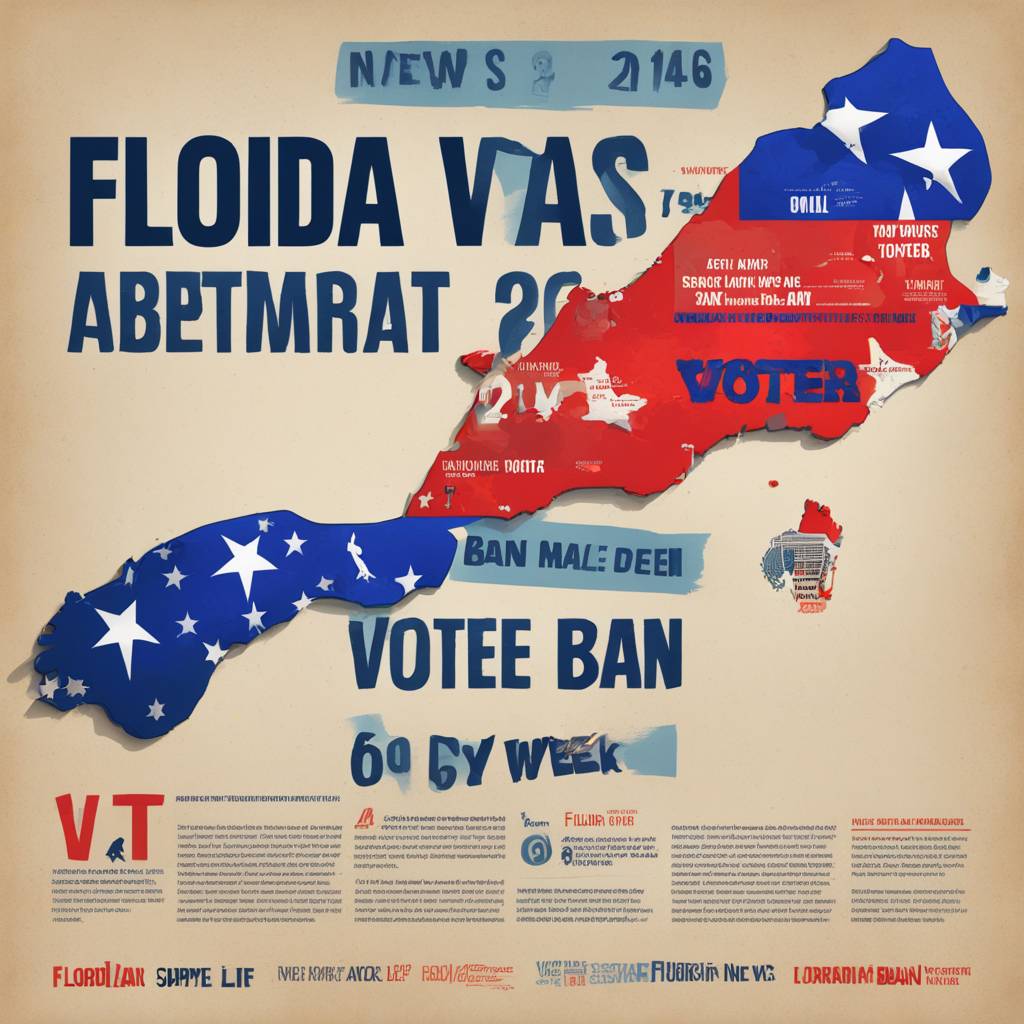The Florida Supreme Court made two significant rulings on abortion rights in a single day, overturning decades of legal precedent by ruling that the State Constitution’s privacy protections do not extend to abortion, effectively permitting the state to ban the procedure after six weeks of pregnancy. However, the justices also allowed a proposed constitutional amendment to guarantee the right to abortion “before viability,” usually around 24 weeks, to go on the November ballot. This decision reflects the ongoing struggle over abortion rights since the 1973 Roe v. Wade decision by the U.S. Supreme Court.
The court, which now leans conservative after Governor Ron DeSantis appointed four of the justices, deemed a 15-week abortion ban constitutional in response to a lawsuit brought by Planned Parenthood and other organizations. This ruling allowed a six-week ban to take effect by May 1, solidifying Florida’s transformation into a state with restrictive abortion policies. Historically, Florida had been a destination for women seeking abortions from Southern states with stricter regulations, but now women may have to travel much further for the procedure, potentially to Virginia or Washington, D.C.
While the ruling permitting the six-week ban reflects a move towards narrowing privacy protections, the decision to allow the abortion access ballot measure gives supporters of abortion rights an opportunity to continue advocating for expanded access by giving voters a direct say on the issue. Abortion rights groups in around 10 states are working to secure measures on the ballot to ensure access, with Florida being the largest of these states. The court’s decision to allow the ballot measure was seen as a victory by advocates for abortion rights, providing hope that abortion access could be preserved in the state.
The Florida Supreme Court’s rulings were met with immediate reactions from both opponents and proponents of the ballot measure. Republican lawmakers, who supported the 15-week and six-week abortion bans, argued that the ballot measure could allow abortions late in pregnancy, a claim that was disputed by advocates for abortion rights. Public opinion polls have indicated that a majority of Floridians believe abortions should be legal in most cases, underscoring the divide on the issue within the state. The court’s decisions have set the stage for a contentious campaign leading up to the November ballot on abortion access in Florida.
Overall, the rulings represent a significant shift in abortion policy in Florida, moving towards stricter restrictions on the procedure. The court’s decision to overturn previous legal precedent and allow the six-week ban to take effect highlights the ongoing battle over abortion rights in the state. On the other hand, the decision to approve the abortion access ballot measure offers a glimmer of hope for advocates who are working to preserve and expand access to abortion in Florida. The upcoming campaign leading up to the November ballot is likely to be intense, with both sides vying to sway public opinion and secure the outcome they desire on the issue of abortion rights in the state.








